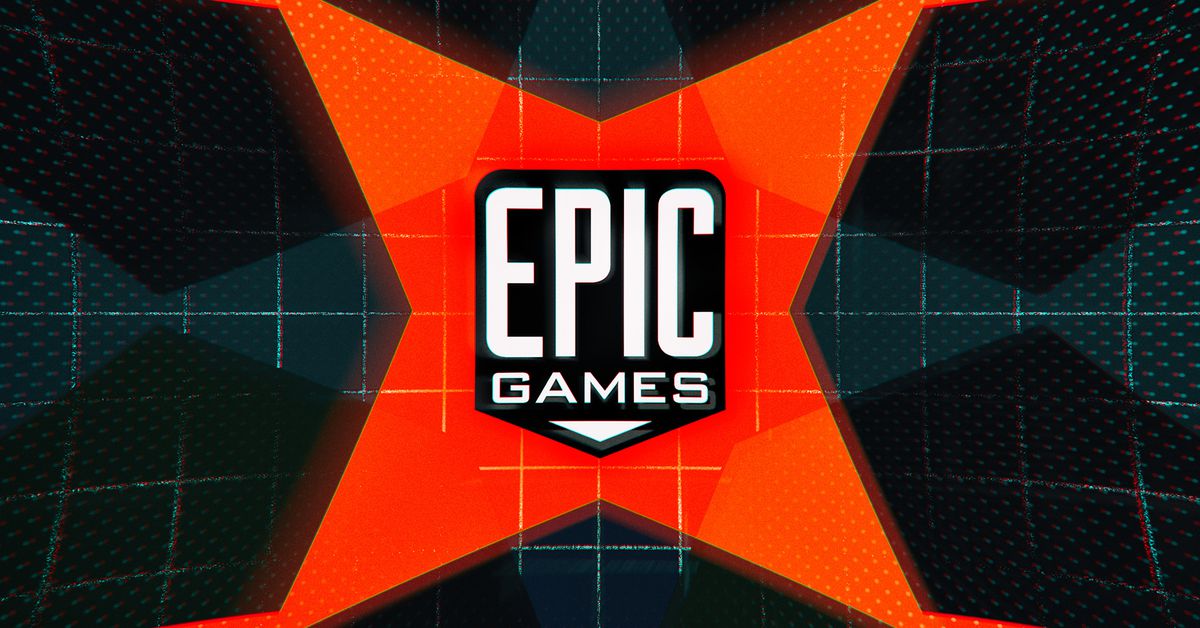JBL’s Quantum 910 headsets bring head-tracking spatial audio to consoles
The JBL Quantum 910P (left) and 910X (right) are identical, but the 910X offers broader platform compatibility. | Image: JBLJBL has launched a range of new Quantum gaming headsets for PS5 and the latest Xbox consoles. The most interesting...
/cdn.vox-cdn.com/uploads/chorus_asset/file/24333205/jblquantum910xp.jpg)
JBL has launched a range of new Quantum gaming headsets for PS5 and the latest Xbox consoles. The most interesting duo includes the 910P and 910X (two different colors but the same model), its flagship wireless models that will cost $299.95 when they launch in March. They offer active noise cancellation and the ability to pair with a phone to take calls while you game, but head-tracking spatial audio is their standout feature.
Spatial audio is a topic that we’ve covered a lot because it’s cool, and it’s not difficult or expensive to find headphones to experience it for yourself. Heck, just pair a relatively new set of AirPods with an iPhone or an Apple TV and there should be some content for you to check out, complete with head tracking. Other headphone makers like LG are getting in on it, too. So, I’m excited that we’ll soon get a headset that brings the tech to consoles.
This isn’t JBL’s first crack at head tracking, either, and hopefully it’s better than its previous attempt that was made primarily for PC. I had the chance to check out an earlier version of JBL’s head tracking with its 2020 Quantum One wired gaming headset. It required using an app to initialize the head tracking and to re-orient your head if its built-in gyroscope drifted from its center point (it often did). At its best, the effect felt like I was playing in virtual reality, but I didn’t rely on the effect as much as I thought I would. As it turns out, I don’t move my head that much while I’m gaming on the TV, so it’s less vital than spatial audio. Still, I’m curious to see how the tech has changed and a little impressed with the claim that JBL got head tracking working on consoles without requiring an app. One thing that I wish had changed more is the design; its bulky, tactical look might be off-putting for some.
In its 2020 headset, I didn’t rely on head tracking as much as I thought I would
Like most wireless gaming headsets, the 910X, with its Xbox compatibility and color to match, can work on more platforms than the PlayStation model (the Xbox model can work with PlayStations, but the PS model won’t work on Xbox). The Nintendo Switch and PC are listed as supported platforms for both models.
JBL claims that the 910 series have 50mm drivers and can last for 37 hours on a single charge, and they have a flip-to-mute microphone that can suppress echoes and unwanted noises. Those specs are important, but this headset’s success is riding on whether its head-tracking feature makes it worth buying over other premium-priced models. These headsets will launch in March, about when I expect other manufacturers to kick off their first wave of 2023 headset launches. I’ll be trying these out to see if they deserve a spot in our buying guide for the best gaming headsets.

 Tfoso
Tfoso 






























